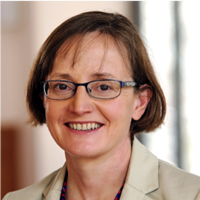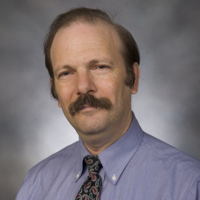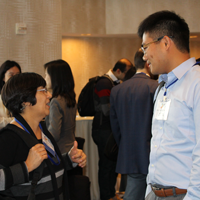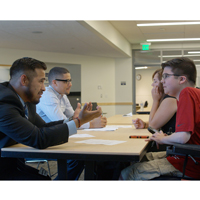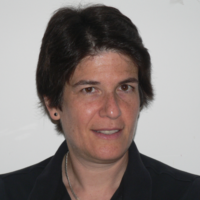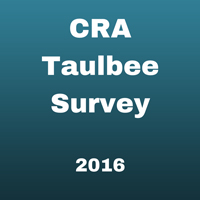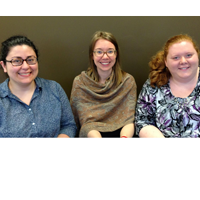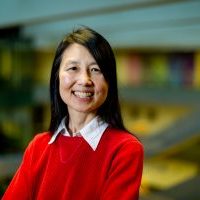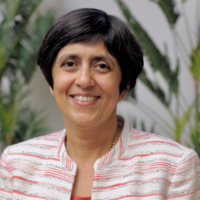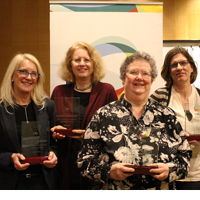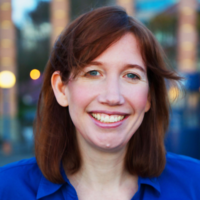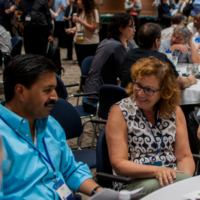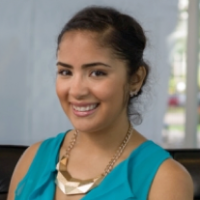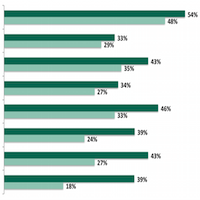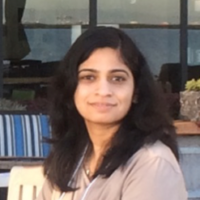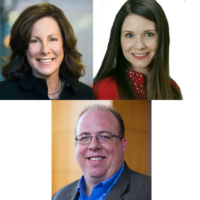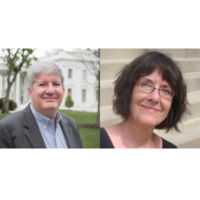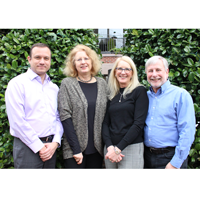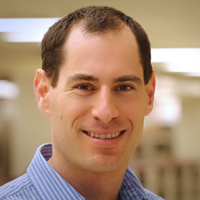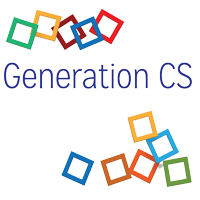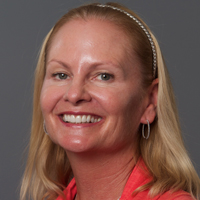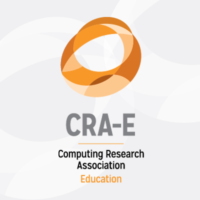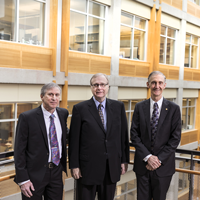
Maximizing Opportunity and Building Capacity: Computer Science and Engineering at the University of Washington
This article describes strategies we have employed at the University of Washington to increase the prominence and impact of our program. In the past few years we have been elevated from a department to the Paul G. Allen School of Computer Science & Engineering, we have begun construction on a second building that will double our space, and we have received legislative investments that will double our enrollment while preserving our ability to closely mentor students. While we have some important advantages (principal among them Seattle’s emergence as a leading center of technology in multiple sectors) and some particular circumstances (such as our role as a public university, dependent upon legislative support and bearing regional responsibilities), we believe that many of these strategies will be usable by others.

